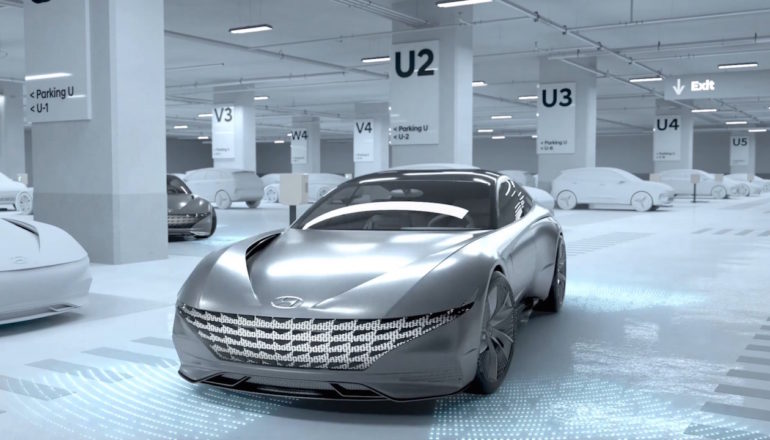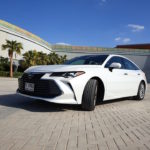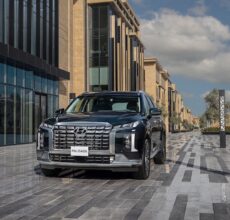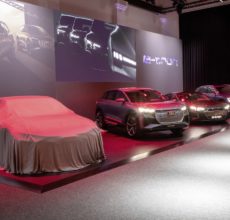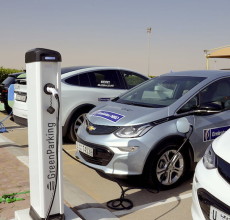The scene takes place in 2025. I am at a hotel parking lot, having just driven in for the launch of a car (or a hover-board!) with hardly a few minutes to spare, as usual. The parking lot is full and I need to charge my electric car (what else!) for the return trip.
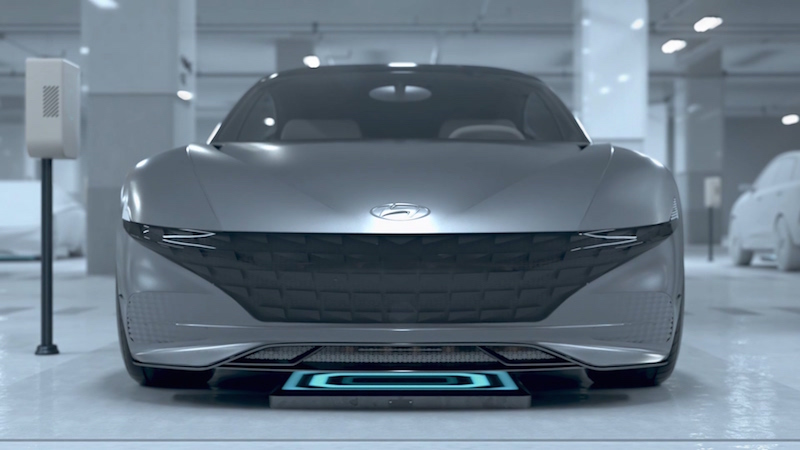
So I get out of the car and, without further ado, speak into my smart phone, addressing my car. My car pulls away on its own, seeking out a vacant wireless charging station. (For my car is yet to develop arms that can plug-in a charging cable!) I can’t be waiting around for my car to get charged. There is a launch of a hover-board (or a Segway 5.0) happening. So I head for the banquet hall confident that my car can take care of itself once fully charged. It will relocate itself to another vacant parking space using the Automated Valet Parking System (AVPS), allowing other vehicles to take the charging spot – quite a well-behaved and considerate e-stallion, that responds to its master’s call. When I am ready to leave, I only need to call for it using commands on my smart phone and the car will autonomously drive to the porch where I am waiting.
If you think it only works in a Bond movie, it won’t remain so for long. Hyundai Motor Group has brought out a system that utilizes the concepts of electric vehicle wireless charging and an Automated Valet Parking System (AVPS) to perform the above ‘imagined’ maneuvers. The action sequence is facilitated by continuous communication among electric vehicle, parking facility, charging system and driver. The parking facility sends location of empty parking spaces and charging stations, while the charging system updates the charging status of the vehicle in real-time.
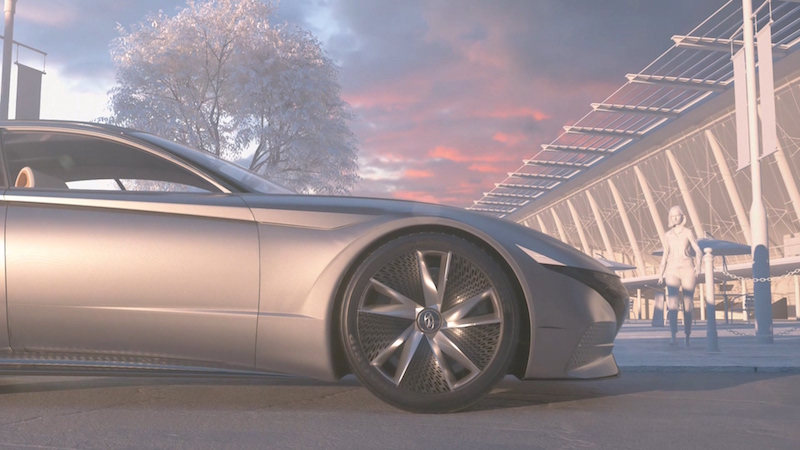
Hyundai plans to commercialize the technology and concept upon the launch of level 4 autonomous vehicles around 2025. The Korean automaker intends to launch fully autonomous vehicles by 2030. They will start by implementing autonomous driving in various smart cities from 2021.

